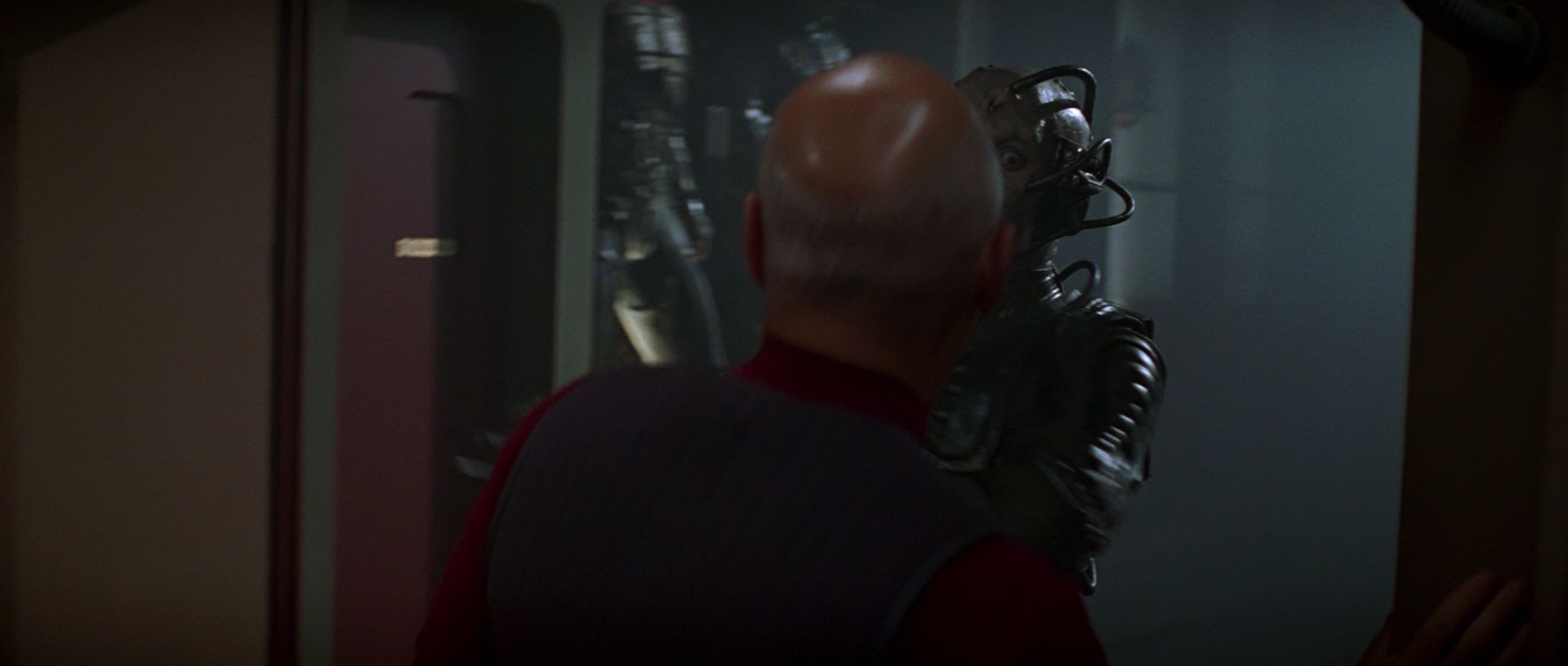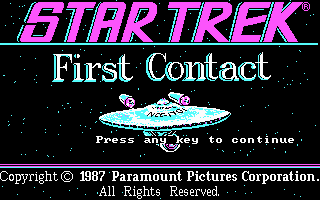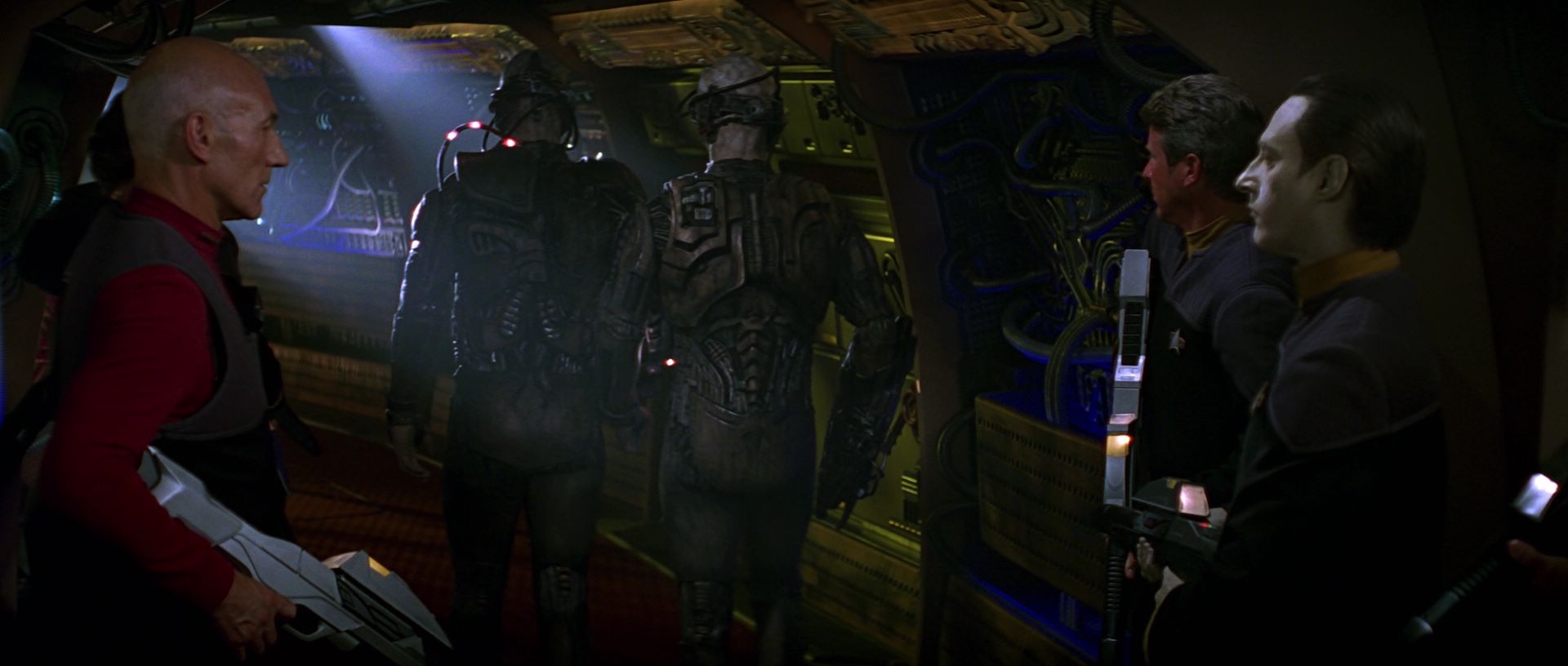
Lil’s anger toward Kima was fueled by the pain of her father’s absence Kima’s anger toward Lil was fueled by her own pain at missing her mom. Whatever sparked the conflict, tension between the girls escalated quickly. Who knows what caused bad blood between Kima and Lil? Was it as simple a beginning as an accidental push, while waiting for the shuttle to take them to school one day? Was it an old rivalry of many years past? Perhaps neither of them could put words to the unspoken jealousy that Lil, an unwanted, insecure, lonely girl, felt toward Kima, who walked in the confidence of being a loved and wanted daughter. We read in Lil’s face the layer upon layer of disappointment, as once again her dad isn’t able to make it “this year,” of heartfelt longing for her dad’s presence in her life, of missed opportunities to bond. Although we only get a glimpse of their relationship through a brief communique, we get the impression that Lil’s dad has a very long, very painful history of putting work before his child. Lil is a human girl, and her father works as a quality systems supervisor at the Mars Orbital Facility. Kima and her mother, Lil and her father (Paramount) Although we only get a glimpse of their relationship through a brief communique, we get the impression of a very warm, very close, very silly mother-daughter relationship. Kima is an Akoszonam, and her mother works as an anti-grav rigger on Mars.
#Star trek first contact screenit full
The reference book The Complete David Bowie (by Nicholas Pegg) refers to the song as “a painfully compassionate that grasps at an optimistic future in a present full of disillusion.” The same could be said for “Children of Mars”. The notion of the everyday is given importance in both the song and the episode. Much of the episode’s soundtrack is provided by the David Bowie song “Heroes”, performed by Peter Gabriel, and the song’s haunting words remind us that those who are left behind are not only survivors but heroes too.

For me, the lack of dialogue made the facial expressions and body language in the episode more important to read and interpret. There isn’t much dialogue in “Children of Mars”, which I think is meant to convey a sense of disconnection. The title also refers to the planet’s namesake - the Roman god of war, whose children were named Romulus and Remus. The episode’s name refers not only to the planet Mars.

For Kima and Lil, it was Ap– the day they witnessed a brutal and unexpected act of war on Mars. We remember until our dying day where we were and what we were doing when the event happened. Kima and Lil on their way to school one day ,(Paramount) More Than a Teaser TrailerĮvery generation has at least one defining event in which the world changed forever. The faces of Kima and Lil, two girls who represent the “children of Mars,” remind us of the faces of all children who are innocent bystanders. It’s easy, in short, to tell the story of a devastating event but neglect to tell the story of the cost and consequences of that event.

We get caught up in the cinematic effects and lose touch with the most basic truth: that precious lives were lost during those events, and that other precious lives are shattered and changed forever. In watching mesmerizing depictions of horrific events unfold upon the screen, it’s so easy to lose sight of the human (or occasionally humanoid) face of some tragedies. Well, it’s not so easy for those who died, and it was not so easy for those who were left behind.” - Admiral Jean-Luc Picard, Retired, addressing a young reporter, PIC: “Remembrance” You just wave your hand and it all goes away. “ You’re a stranger to history, you’re a stranger to war.


 0 kommentar(er)
0 kommentar(er)
